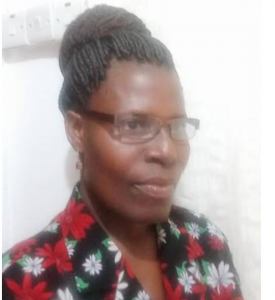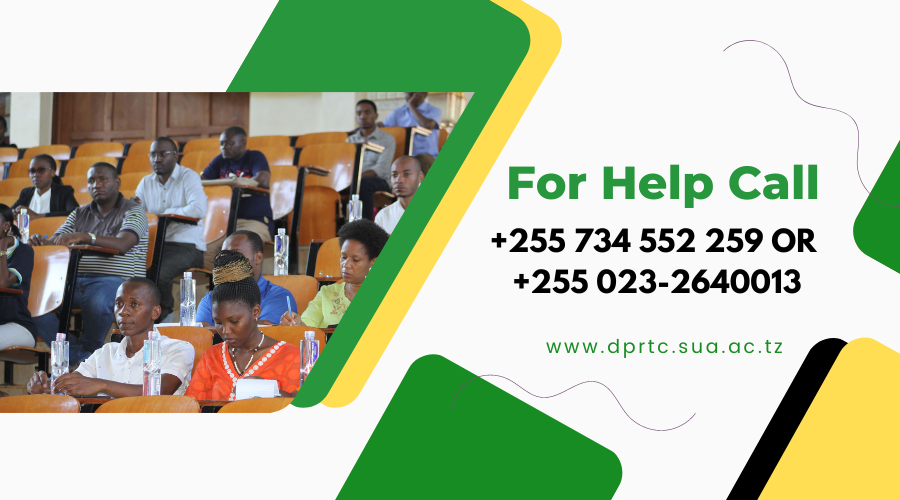Public Defence: PhD
Candidate: Edith T. Kwigizile
Kwigizile is a Lecturer in Community Development Studies, employed at the Stefano Moshi Memorial University College, a Constituent College of Tumaini University Makumira since 2009 in the Department of Development Studies and Social Science. In previous, she worked with Action for Relief and Development Assistance, a national Non-Governmental Organization since 1999. She registered with Sokoine University of Agriculture in July 2014 to pursue PhD studies in the Institute of Development Studies (DSI) currently, the Department of Development Studies (DDS), College of Social Sciences and Humanities (CSSH).
Thesis Title:
Women related factors and household socio-economic status in selected areas of Morogoro District, Tanzania
Supervisors:
- John Msuya
- Michael Mahande
The examination date: 21st April, 2021;
Time: 09:30am;
Venue: Postgraduate Seminar Room located in the Main Administration Block, Third Floor.
Mode: Face to face/Online l
Join Zoom Meeting
https://us02web.zoom.us/j/88579150776
Panelist members:
| S/N | Name of Panel Member | Status of Appointment | Remarks |
| 1 | Prof. Z.S.K. Mvena | Chairman | |
| 2 | Dr. John V. Msinde | Appointee of the Principal-CSSH | Not Supervisor |
| 3 | Dr. Justin J. Ringo | Appointee of the Head-DDS | Recorder |
| 4 | Prof. John M. Msuya | Internal Examiner | Supervisor |
Summary of the Thesis
In rural Tanzania, like most other rural areas in the world, low household socio-economic status (hSES) is a common phenomenon. Despite the importance of women in household economic development, some of their constraints in production have not been explored. The link between women’s socio-demographic and reproductive factors with hSES irrespective of the sex of the household head is not known. The extent to which women’s economic time is consumed on family care activities and the associated factors is not reported. Understanding such factors would aid in formulating strategies to utilize women’s economic potentials thus improve hSES. This study used questionnaires, focus group discussions, and physical observations to explore the relationship between socio-demographic factors, reproductive factors, and hSES in Morogoro District in Tanzania. The study also compared the time spent by women and men on households’ economic and care activities during productive hours (6.00 am-6.00 pm).
Results indicate that being older than 35 years, living in villages with better road accessibility, and conceiving at the age older than 19 years, related to higher hSES. Further results showed that having children aged less than 5 years old, desire for a relatively larger number of children (more than 5), and conceiving for the first time at a young age (18 years or younger) related to low hSES. The study also showed that compared to their male counterparts, women spend substantial time on household and family care activities. Inadequacy of social support and health care services contributes significantly to the loss of productive time by women.
From this study, is recommended that appropriate reproductive health education on child bearing patterns especially maternal age should be imparted to young women and community in general to avoid unplanned pregnancies and early conception which constrain women’s economic productivity. Economic empowerment of the youth should be implemented to enhance the potential of young women in economic productivity. Initiatives on the improvement of road infrastructures and social support services such as water, electricity supply and affordable technologies in performing household work, will greatly enhance women’s economic productivity potential consequently enhance their contribution to hSES improvement.





